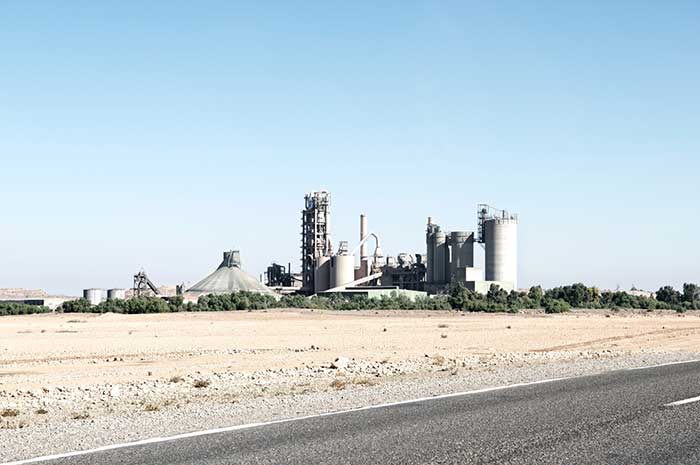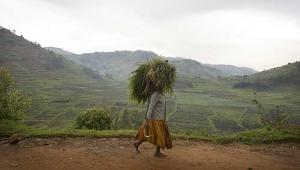web_miningafrica_istock_000034384984_medium.jpg

Tumbling commodity prices mean oil and mining industries don't yield as much as they used to, prompting the IMF to warn Sub-Saharan African commodity exporters to bolster their tax bases.
Publishing an economic outlook for the area today, the IMF concluded that growth would fall to 3% in 2016. This is the lowest level in some 15 years, is nearly half the 6% rate seen in most of the last decade and is barely above the population growth rate, although there are considerable differences across the region.
Publishing the review, Antoinette Sayeh, the director of the IMF’s African Department, said lower commodity prices meant that Africa needed a substantial policy reset in order to realise the region’s strong potential.
“This is particularly urgent in commodity exporters and some market access countries, as the policy response to date has generally been insufficient,” she added.
The sharp fall in commodity prices, which represented a shock of unprecedented magnitude, has put many of the largest sub-Saharan African economies under severe strain, according to the review. As a result, oil exporters, such as Nigeria and Angola, as well as non-energy commodity exporters, such as Ghana, South Africa and Zambia, face difficult economic conditions. In addition countries including Ethiopia, Malawi, and Zimbabwe, are suffering from a severe drought.
These countries were faced with both rapidly decreasing fiscal and foreign reserves, and there was a need for a “prompt and robust” policy readjustment, Sayeh added.
“As revenue from the extractive sector is likely durably reduced, many affected countries critically need to contain fiscal deficits and build a sustainable tax base from the rest of the economy.
“Given the substantially tighter external financing environment, market access countries in which fiscal and current account deficits have been elevated over the last few years will also need to recalibrate their fiscal policies. Such recalibration would help them to rebuild scarce buffers and mitigate vulnerabilities if external conditions worsen further.”
However, Sayeh said the region’s overall economic output remained favourable with many countries in the region continuing to register robust growth. This includes those nations that are oil importers, whose economies have been helped by lower prices. Expansion in excess of 5% is expected this year in countries such as Côte d’Ivoire, Kenya, and Senegal, as well as in many low-income countries.
“More broadly, medium-term growth prospects remain favourable, as the underlying drivers of growth at play domestically over the last decade generally continue to be in place,” she added. “In particular, the much improved business environment and favourable demographics should play a supportive role in the coming decades.”













